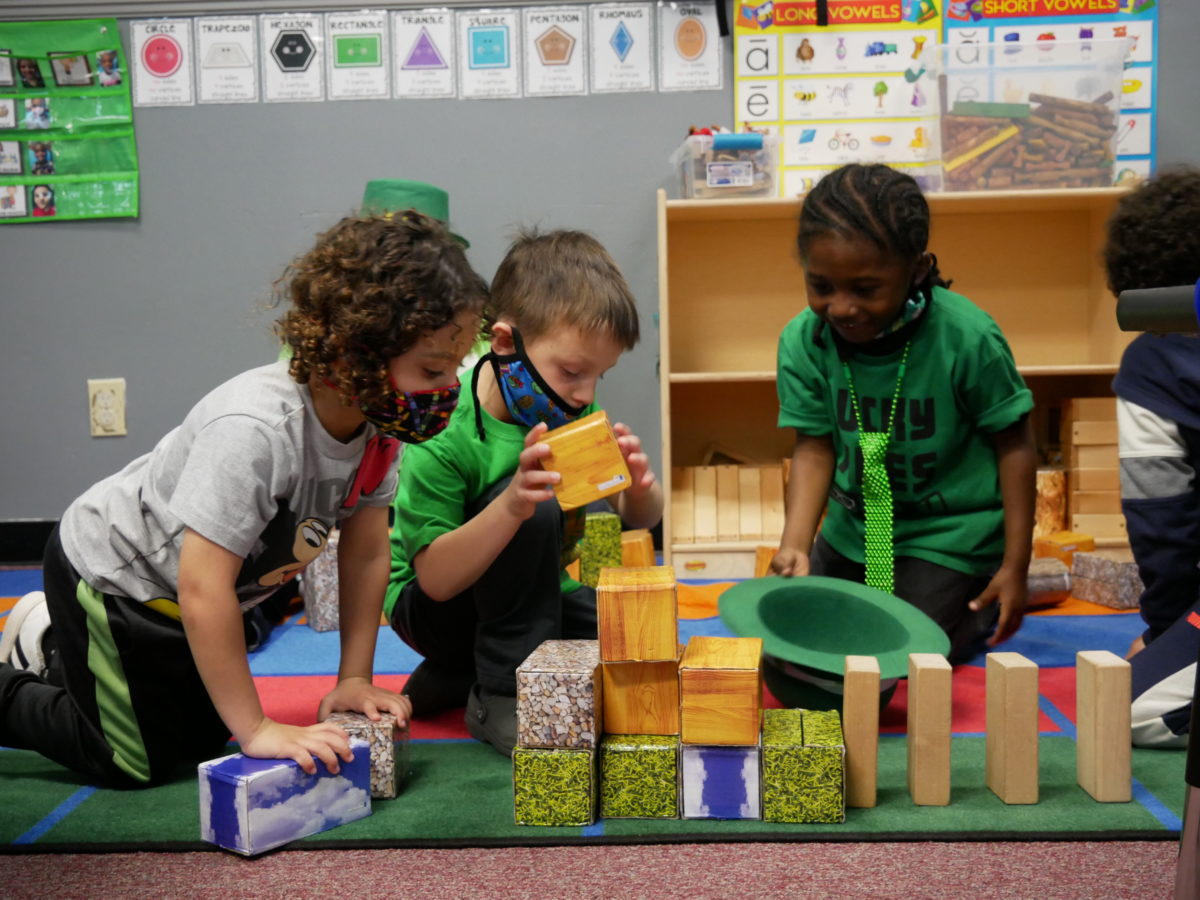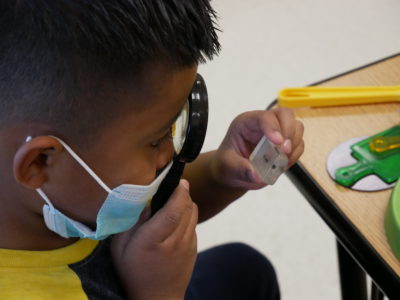
The benefits of North Carolina’s pre-kindergarten program are well established. However, whether or not these benefits persist in the long-term may depend on where children go to elementary school.
Newly published research by our team, embedded below, suggests that NC Pre-K graduates are more likely to retain those benefits into kindergarten if they attend a high-quality elementary school. It may not sound surprising to learn that high-quality elementary schools solidify the benefits of high-quality pre-K. However, that’s worth considering more closely, because not all children have the opportunity to experience high-quality educational environments during preschool and elementary school.
The NC Pre-K program serves about 24% of the state’s 4-year-old population — including children from families at or below 75% of the state median income as well as children with identified disabilities and other risk factors. When NC Pre-K graduates transition to elementary school, the quality of schools they experience in North Carolina is quite varied. Recent estimates suggest that 21% of our state’s elementary schools did not meet expected benchmarks for student growth in academic achievement.
In our new statewide study, we examined a group of children who previously participated in NC Pre-K and a comparison group of peers who did not participate in the program. We tested for skill differences between these two groups at the end of kindergarten — one year after children had completed the program. We found that NC Pre-K graduates outperformed the comparison group, but only in higher-quality elementary schools. The same was not true for children enrolled in average-quality and lower-quality elementary schools.
To gauge school quality, we considered two common measures: school-wide academic proficiency and school-wide growth in academic achievement. We also controlled for school poverty and school size. School-wide academic proficiency was found to enhance the NC Pre-K effect on children’s language skills. Meanwhile, school-wide academic growth enhanced the effect on children’s working memory skills. Children’s literacy and mathematics skills did not follow similar patterns.
The results of our new study suggest that North Carolina’s children will benefit from the combination of NC Pre-K and high-quality elementary schools. That’s encouraging news.
Yet right now, there are too few children in North Carolina who have access to high-quality pre-K programs and high-quality elementary schools. A group of nonpartisan researchers recently formulated an action plan to ensure a “sound basic education” for all children in North Carolina. Their recommendations include increased investments to expand access to NC Pre-K and increased investments to support the improvement of low-performing public schools. However, current proposed budgets by the N.C. House and Senate fall far short of what is needed to meet these goals.
Expanding access to NC Pre-K programming and continually improving the quality of N.C. public schools are two good bets to improve outcomes for children in North Carolina. In order to meet this dual goal, state legislators should fully invest in funding the recommendations of the action plan to ensure a sound basic education. North Carolina’s children deserve it.





